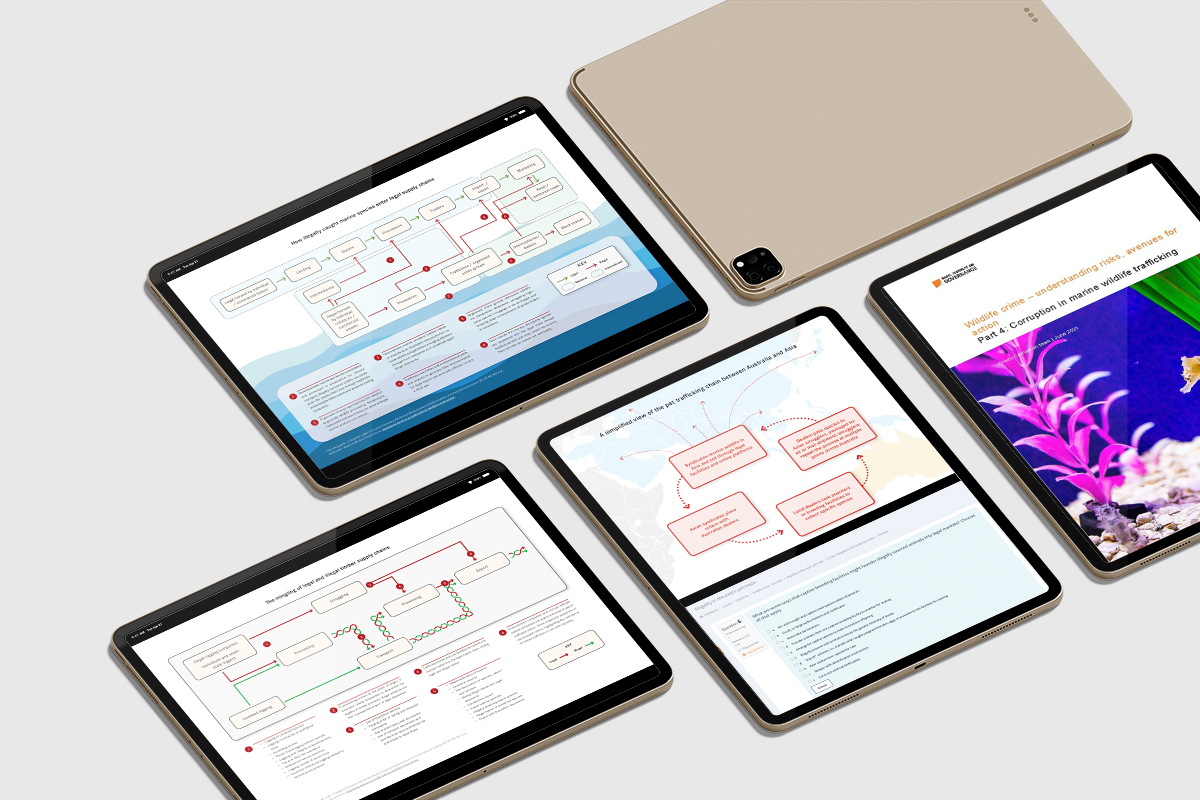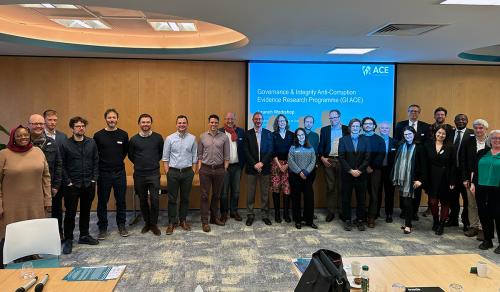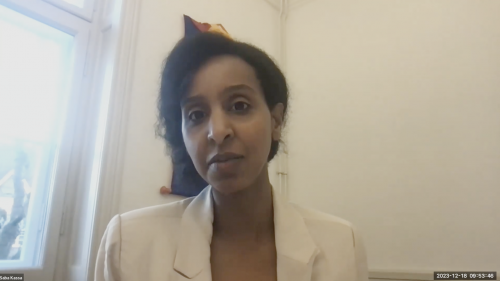New four-part series spotlights green corruption risks and what to do about them

How do illegal wildlife products, live animals, exotic marine species and illegally logged timber end up in stores, zoos, aquariums and homes on the other side of the world?
Too easily, is the answer. Weaknesses in global supply chains make them vulnerable to exploitation by organised crime groups and bad actors working in legitimate businesses. Corruption opens the door to that exploitation. And the easy possibilities for laundering money from environmental crimes makes this illicit activity attractive to criminals around the world.
All the while, the health of the planet suffers and both private firms and financial institutions find themselves exposed to a host of physical, legal, financial and reputational risks.
Our new four-part learning series Wildlife crime – understanding risks, avenues for action aims to help private-sector decision-makers and compliance professionals, policymakers, anti-corruption and conservation practitioners, and law enforcement officers get a fast yet solid grasp of the main ways in which corruption and other financial crimes facilitate illegal trade in:
The four topics are freely available as both PDF downloads and online resources on our Basel LEARN virtual learning platform, with no login needed.
There are interactive quizzes to test your knowledge after (or before!) looking through the resource, which aims to present relevant information, statistics and background knowledge in a user-friendly way.
Infographics depict the supply chain vulnerabilities in each focus area and are freely shareable under a Creative Commons licence, like the publications themselves.
We hope the series will help to broaden understanding of the threats that wildlife crimes pose to sustainable development and clean business, and what concerned companies and others can do about them.
It was developed by the Green Corruption programme at the Basel Institute on Governance with funding from PMI Impact. The programme applies anti-corruption and governance tools to address environmental crime and degradation.
Start learning
- Visit Basel LEARN to find all four topics alongside a host of free self-paced eLearning courses, guidelines and quick guides to anti-corruption and asset recovery topics.
- View all PDF downloads and direct links on the Wildlife Crime series publication page.



